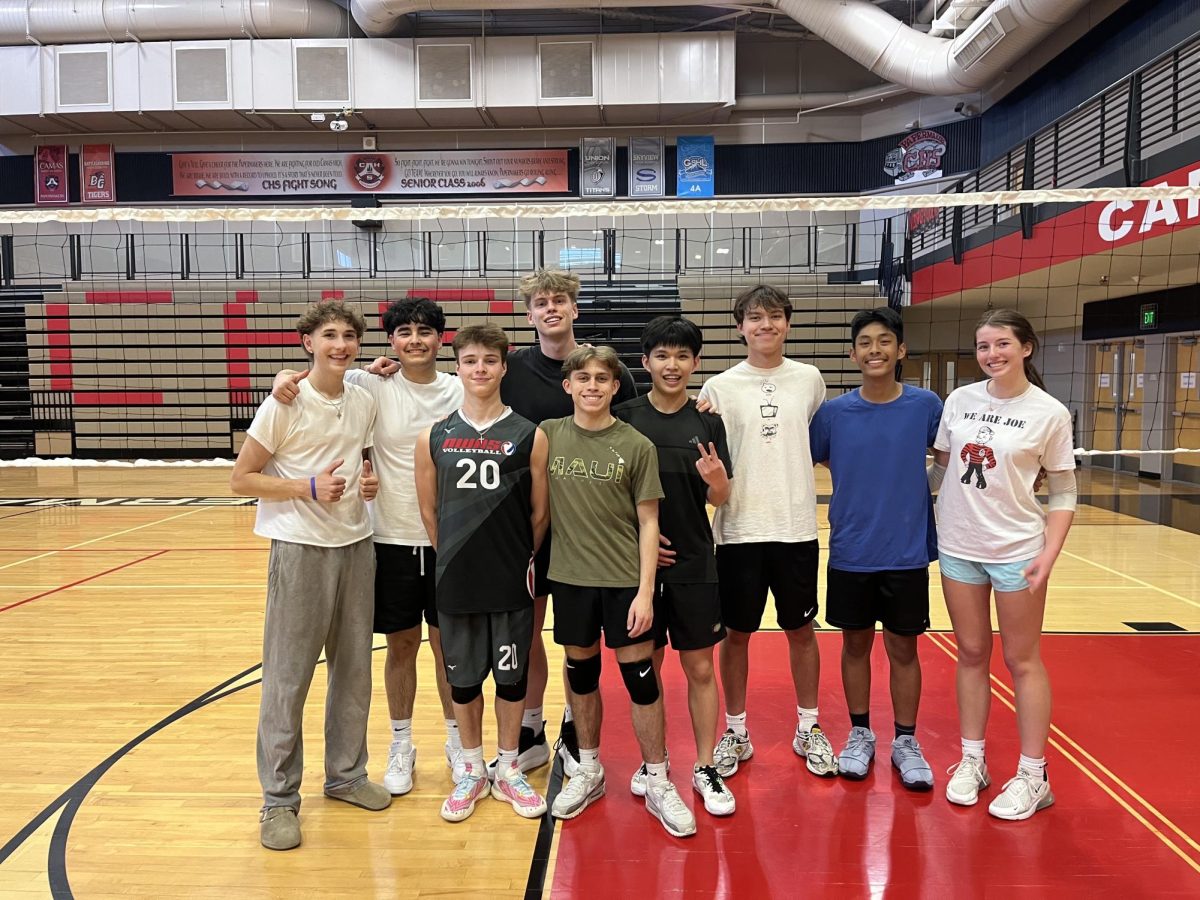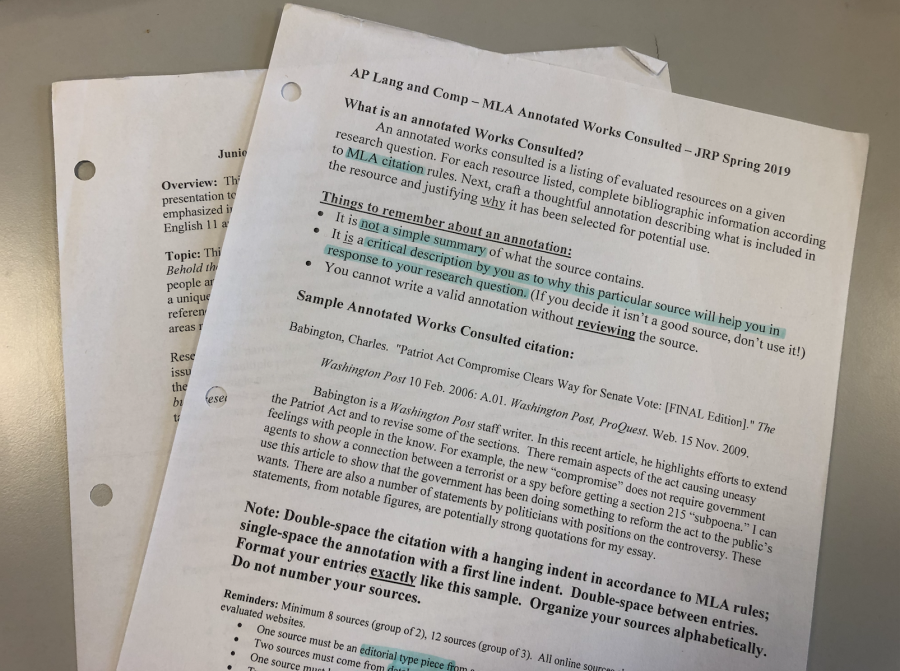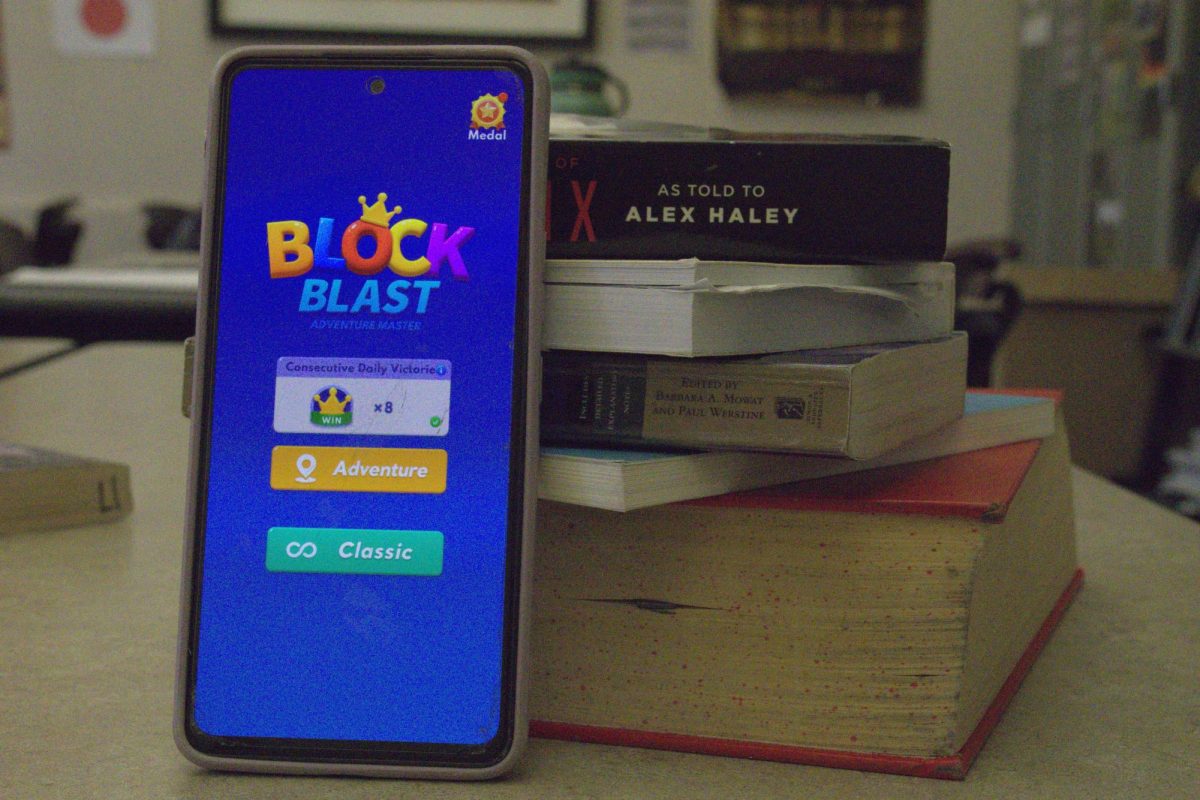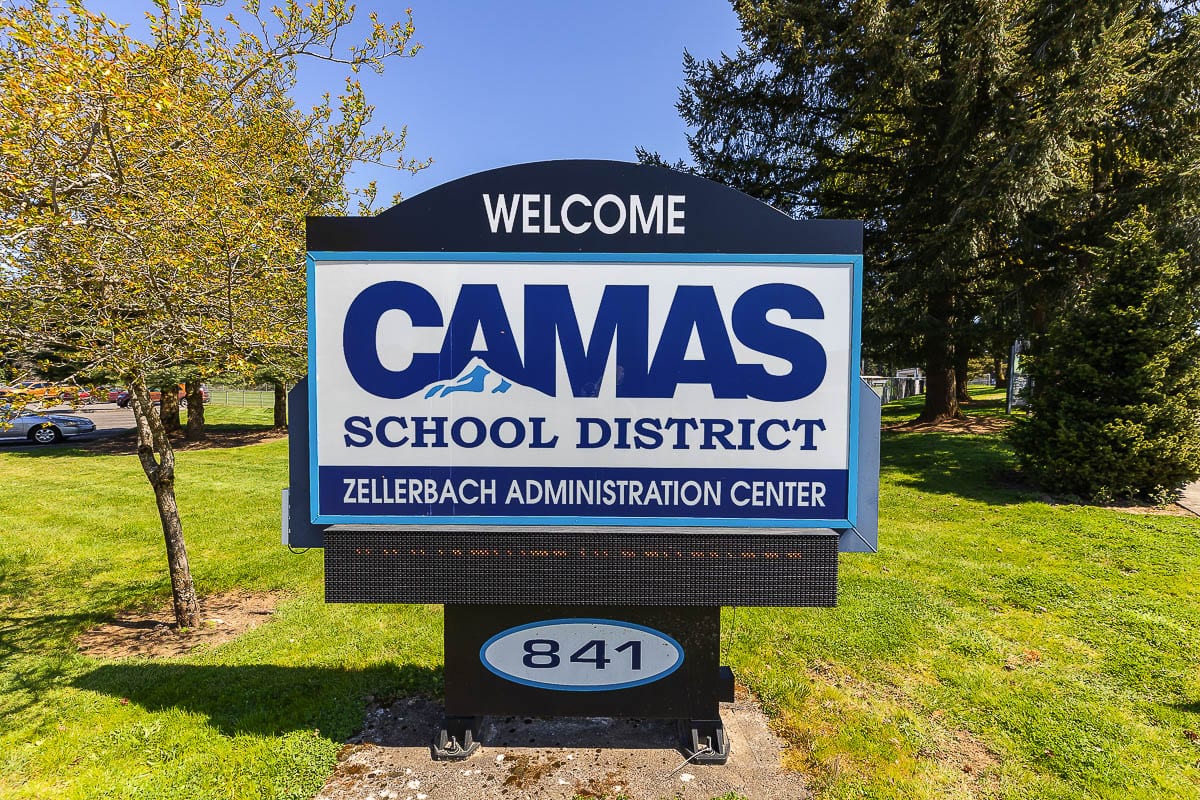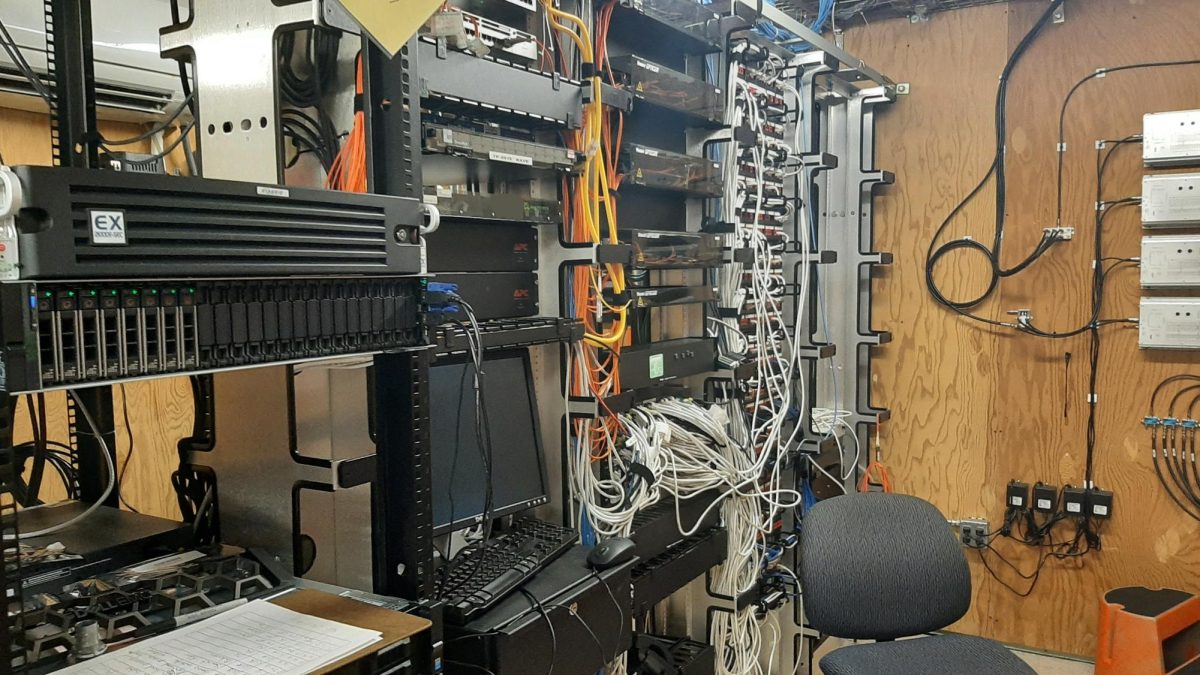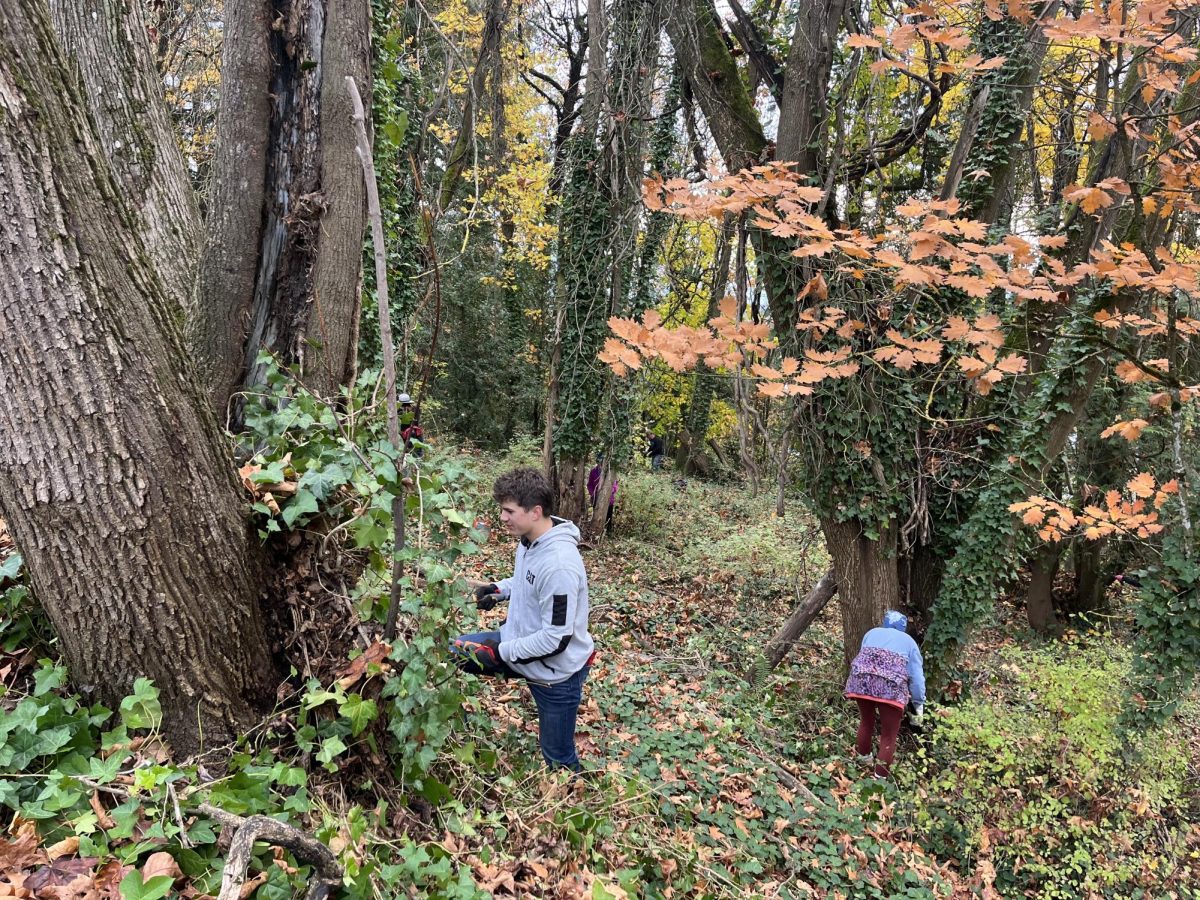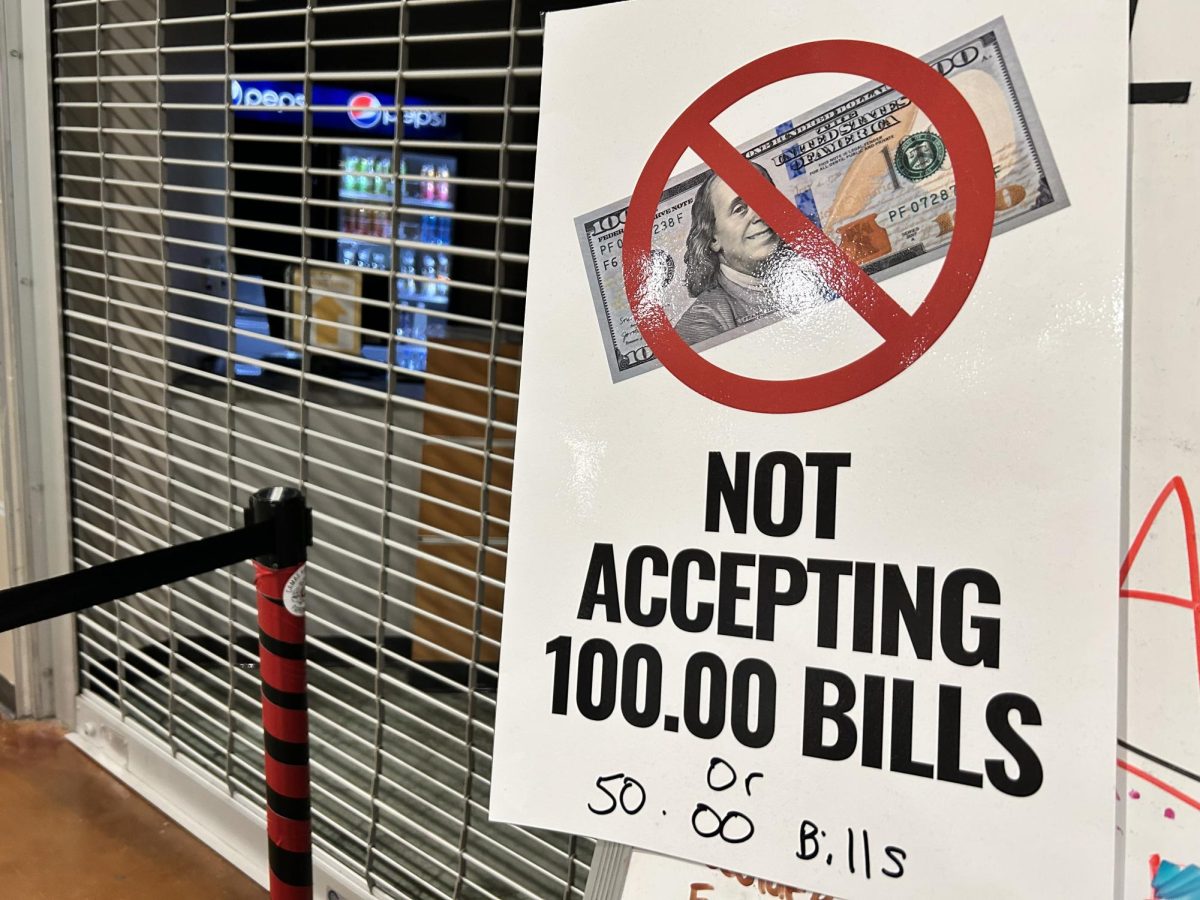Each year, students at Camas High School are required to complete projects that act as graduation requirements and preparation for the highly anticipated senior project. Sophomores must pass the sophomore persuasive project (SPP), while juniors must overcome the junior research project (JRP); both entail a speech and a written essay, and if students do not pass it they will have to redo the project.
While all students are required to do these projects, there are often differences between how teachers choose to integrate them into the classroom.
Joe Farland, an AP Language and Composition teacher at CHS, explains, “we’ve done it differently in the past three or four years… we’ve done it in coordination with the synthesis stuff we do in AP Lang.” However, students insisted that they felt like the junior research project was taking away from their AP preparation, so in the past two years Farland has begun administering the project as an end-of-year activity.
Students nowadays know the JRP as a project that allows them to research current events. However, the project was not always this way. Farland adds, “The junior research project has evolved. I mean originally, when I first started here, it was some aspect of US History that you still did in the English class… Then it kind of shifted; for a while it was an author study, now we’re doing more current events… in connection with the literature we’re reading.”
Sophomore teachers are trying to do the same thing for the SPP.

Terry Nyquist, a sophomore English teacher at CHS, explains how she decides when to do the SPP: “I incorporate a lot of things into (the SPP), so I want to make sure we have enough time to do what we need to do for a really intensive unit. I feel like my pre-ap students generally have enough skills to be able to do that without a semester. If… I recognize that [students] need some skill development before they start, I wait until the second semester and just try not to wait until too late because it takes us a long time to grade, and we want to make sure students have time to revise.”
However, some classes may take longer than others to complete the SPP, which can sacrifice other class activities: “This year we kind of pushed it a little big long; somehow the SBAC testing and all that pushed us a little bit too far so we had to drop a unit,” Nyquist admits.
While these projects are supposed to be mandatory, teachers have a lot of flexibility; some teachers may not be doing the project at all, or may be doing an entirely different substitution for it. Nyquist explains, “It is my understanding that we are all supposed to have a mandatory project, but then I hear down the grape vine that some don’t have it. So that is causing some discussion among teachers and so I think next year they’re going to have a really big sit down and talk about, ‘is this mandatory or not’, ‘is it fair for this group to have to do it or this group to not’.”
Nyquist elaborates on her position on these projects: “It was really all modeled off the senior project. Sophomore, junior, we’re preparing students so they can do well on their senior project… I know that there that there are some teachers who don’t believe in the project, I think that having a mandatory project is hard to bear for some students. I hear their argument; however, I never had to do anything of this rigor in high school… I think there’s something to be said about having to do a very long term project. It takes a certain amount of building stamina and attention and you learn a lot of skills. It does take up two months, but I find that there’s value in it, even for students who have very low skill levels. For the first time in their lives they’ve been held to a standard, and… we help them and support them along the way.”
So what do students prefer?
Ava Wright, a junior at CHS, recalls her SPP experience from last year: “I preferred doing it first semester because it felt nice to have such a large project over with, especially because a lot of other classes start to get stressful towards the end of the year.”
Junior Walter Scheldorf speaks about his current experience with his JRP: “I prefer doing it at [the end of the year] because I feel like I’ve learned more and I can put more into this project, and it is also after everything busy in my life, all AP tests, so I can put more time into it and probably do a better job.”
“I don’t know what’s best. We’re just trying to do different things and trying to make it relevant to the kids,” Farland finalizes.

















